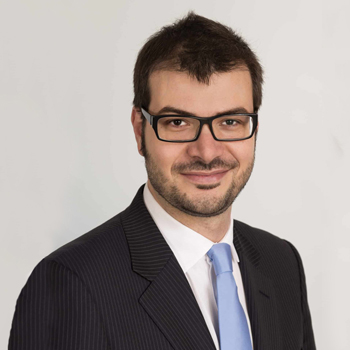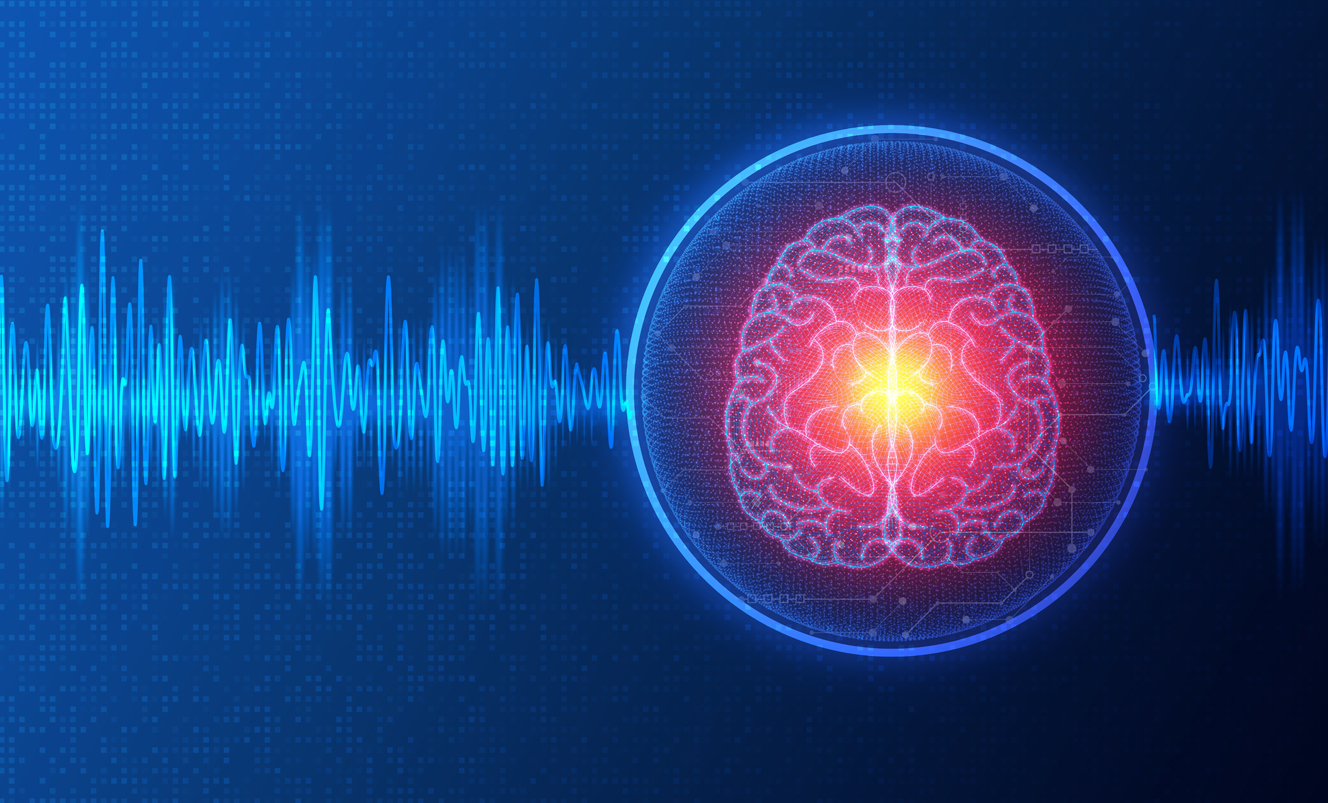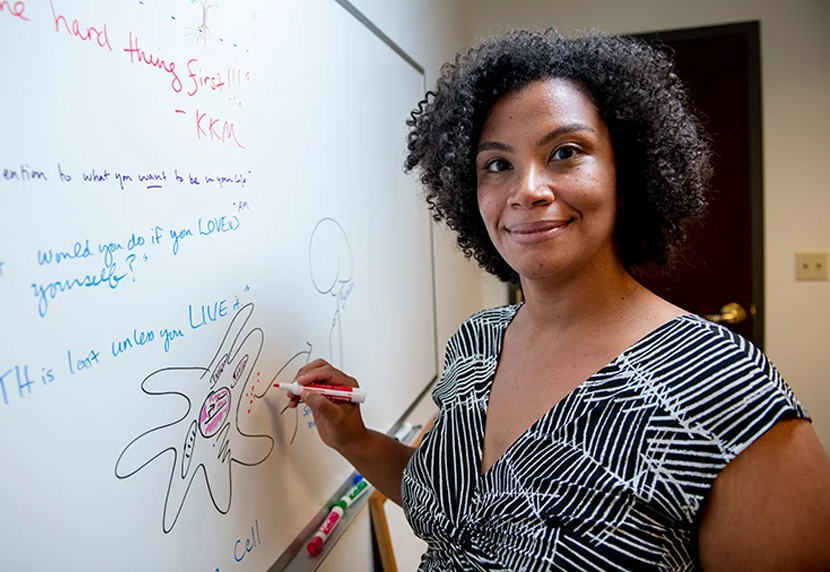Neuropsychiatry may sound like a modern integrative practice, but its roots are more than a century old, says Joan Camprodon, MD, PhD, MPH.
“During the 20th century, neurology and psychiatry separated,” he says. “We are working to reintegrate them.”
As chief of the Division of Neuropsychiatry and Neuromodulation and director of the Laboratory for Circuit Neuroscience and Neuromodulation at Massachusetts General Hospital, Dr. Camprodon uses neuroimaging, neurophysiology and brain stimulation to investigate how the brain functions, how it becomes sick and how to develop tools that can change how we practice brain medicine. We sat down with Dr. Camprodon to learn more about his work and how it’s transforming the way neuropsychiatric disorders are diagnosed and treated.

How do you define neuropsychiatry and the work you do?
Neuropsychiatry has traditionally been defined by the patients we treat: individuals with known or suspected neurological disorders presenting psychiatric symptoms; that is, cognitive, behavioral or emotional complaints. These are often atypical cases that pose real medical mysteries. At Mass General, we are reformulating this definition — shifting the focus from the “who” (the patients we see) to the “how” (the approach we use).
Neuropsychiatry is characterized by a clinical focus on brain circuits. This focus on brain circuits makes it possible to look at traditional psychiatric or neurological patients with the same integrated clinical framework. It defines our approach to taking a patient’s history, doing an examination, formulating a patient’s presentation, and implementing a treatment plan. Once we start thinking about brain disorders from a circuit perspective, the distinctions between neurology and psychiatry quickly fade away.
One of the primary advantages of this approach is that it facilitates the use of treatments beyond traditional options like medications and psychotherapy. Specifically, it allows the use of device neuromodulation therapies, which administer pulses of the same kind of electricity that the brain uses to communicate and form thoughts, to intervene precisely at the level of brain circuits.
What is the advantage of neuromodulation?
Treatments like medication are helpful but systemic, meaning they affect the entire brain and body at the chemical level. Neuromodulation, however, allows us to target only the brain, and even more precisely, only the specific parts of the brain affected by the condition we are treating.
Neuromodulation is helping the clinical neurosciences enter the era of precision medicine. Many of the disorders we treat, particularly in psychiatry, are extremely heterogeneous. This is because these diagnoses are labels that often encompass many different diseases. Depression, for example, is not a disease. There are many diseases we collectively call depression and not all of these diseases can be treated with the same approach. We need to find a way to individualize the treatment, and this means not treating diseases, but treating patients. This is something we are starting to do clinically with neuromodulation therapies.
“I’m particularly excited about our work using neuromodulation to treat suicide. We think we’ve identified a biomarker in the brain that is specific for suicide and are developing a rapid treatment (as rapid as just one day) that targets a new brain region and is proving effective in a clinical trial.”
What areas of your research are you seeing advances in?
Our current research efforts are focused on developing precision therapies for a wide range of conditions, including suicide, depression, bipolar disorder, addictions, ADHD, OCD, dementia, autism, Parkinson’s disease, traumatic brain injury and ALS. In addition, we are also developing new technology and methods to help us identify patient groups that optimally respond to specific treatments, so we can be more targeted when prescribing and avoid long trial-and-error dynamics that keep patients suffering for too long.
I’m particularly excited about our work using neuromodulation to treat suicide. We think we’ve identified a biomarker in the brain that is specific for suicide and are developing a rapid treatment (as rapid as just one day) that targets a new brain region and is proving effective in a clinical trial.
We also have an active trial to develop home-based neuromodulation treatments for executive function deficits, which are commonly associated with ADHD, and do not respond well to medications.
As a last example, we are making progress in Alzheimer’s disease. We’re used to thinking about medication when it comes to Alzheimer’s treatment — pills and, more recently, immunological therapies — but our work is looking at the use of neuromodulation devices. Brain waves in patients affected by Alzheimer’s function at a slower rhythm than those in a healthy brain. We are exploring how we can restore these brain waves with smart devices that individualize the treatment to each patient’s specific neural signatures. With further testing, we hope to develop an entirely individualized treatment framework that should be home-based, not requiring patients to come to the hospital.
How could increased philanthropic support allow you to expand on this work?
Philanthropy has an enormous impact on the work we’re able to do. Traditional funding sources like the National Institute of Health are very conservative and slow and tend to stay away from disruptive, high-risk high-reward ideas that can significantly change patient care in a shorter time span. This is why we need passionate donors who share our mission and sense of urgency, and who want to partner with us in developing creative and innovative solutions in a timely manner.
Beyond new research, philanthropy helps us ensure there will be a new generation of leaders able to implement and expand these therapies and models of care. Five years ago, we launched the first clinical fellowship in Interventional Neuropsychiatry and Neuromodulation. This has proven to be very successful and a model for other centers in the US and beyond. We now need to consolidate this program to ensure we can train a steady stream of neuropsychiatry and neuromodulation leaders.
To learn more about Mass General Neuroscience, click here, and to learn more about how you can support the Division of Neuropsychiatry and Neuromodulation, contact us.




